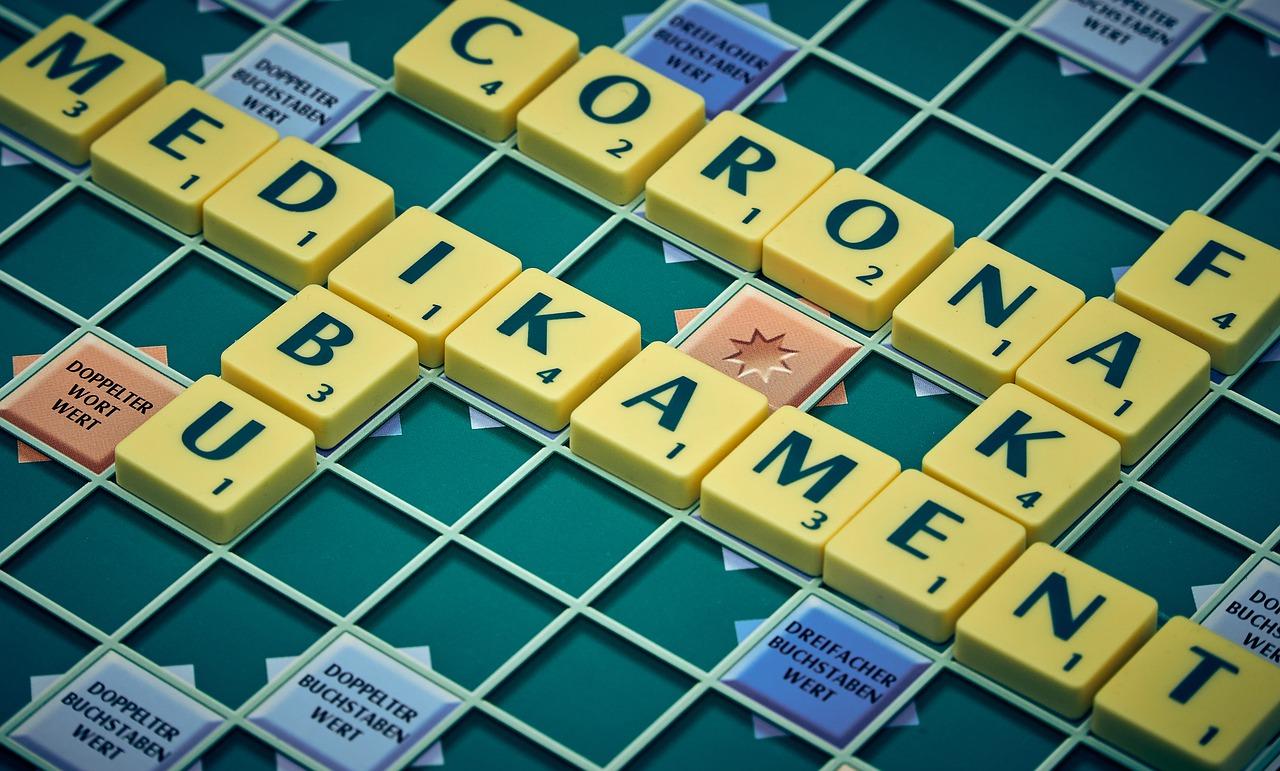Fight against fake news on covid-19 in Africa is getting strong in some countries. Currently, Africa has more than 10,200 cases of Covid-19 and nearly 500 deaths, according to the African Centers for Disease Control. With the reports of confirmed cases, people still spread the news that the virus doesn’t exist in Africa.
According to the Research by BBC Monitoring shows that several countries on the continent are imposing media restrictions on coverage of the pandemic, which could have an impact on press freedom and public awareness. In another way, the media limitation is to prevent misinformation from the public according to the countries.
But the majority of the new measures aim to put an end to misinformation about the coronavirus. In South Africa, a 55-year-old man appeared in court accused of disseminating false information about the test kits.
As the number of patients and deaths from Covid-19 continues to increase on the continent, governments are trying to crack down on false information about the disease. South Africa and Eswatini (previously Swaziland) have introduced new regulations banning rumors or “fake news” about coronaviruses.
In Uganda, a pastor is on remand for pretending that the disease does not exist on the continent. But BBC Monitoring notes that instructions in countries like Madagascar and Mozambique, requiring journalists to report only official information, could stifle reliable coverage of the crisis.
In Tanzania, three media outlets were ordered to pay fines and public apologies for disseminating “false and misleading information about the number of Covid-19 cases in the country”. However, research reveals that dozens of journalists have been arrested and charged for their coverage of the pandemic.
